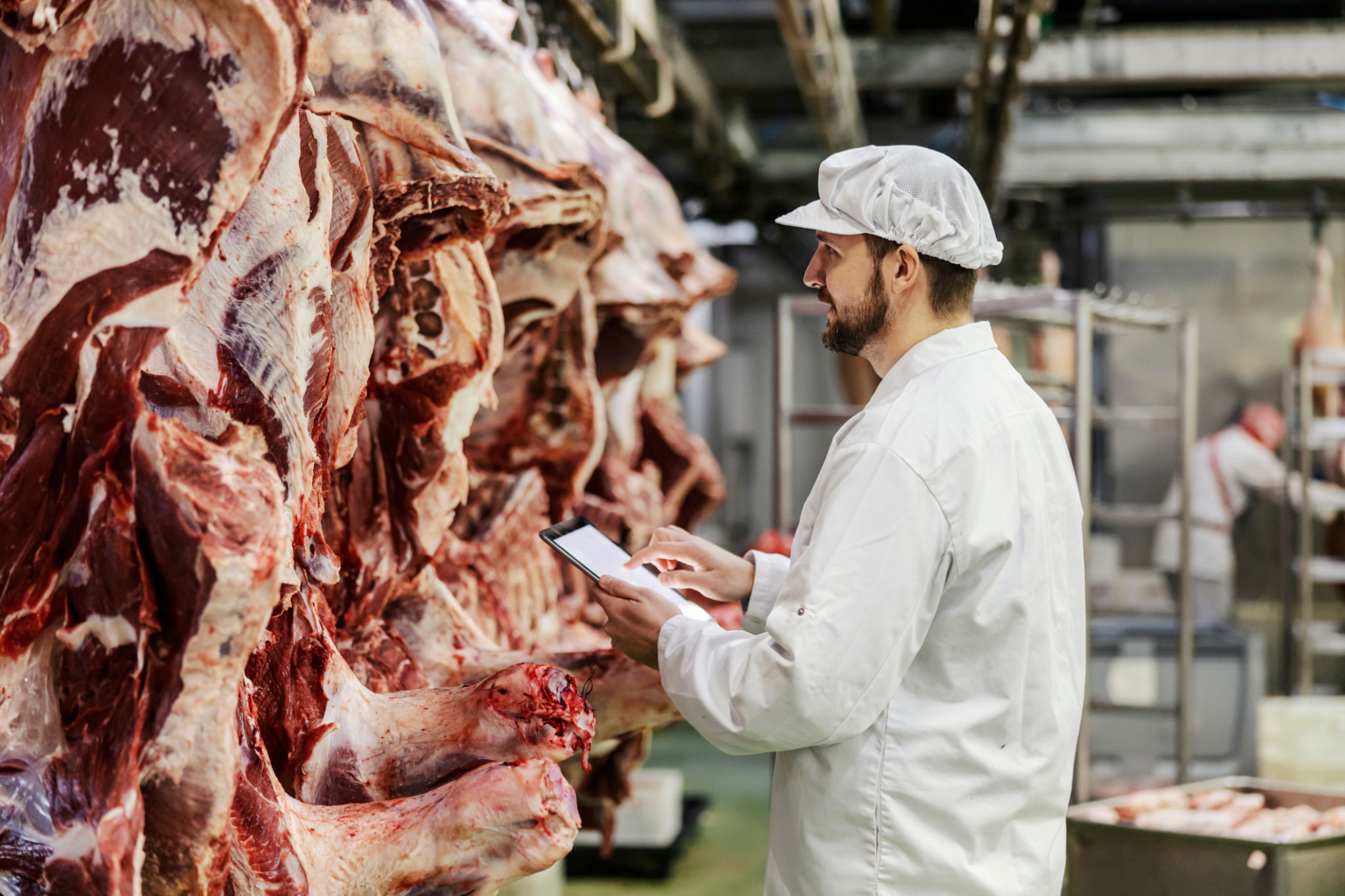How to Navigate Beef Import Regulations in Asia: A Guide for Buyers
Understanding the Basics of Beef Import Regulations in Asia
Importing beef into Asian markets can be a lucrative venture, but it requires a thorough understanding of the region's complex regulatory landscape. Each country in Asia has its own set of rules and standards, which can vary significantly. Therefore, familiarizing yourself with these regulations is crucial to ensure compliance and avoid potential legal issues.
Asian countries often have stringent health and safety standards for imported beef to protect consumers and maintain domestic agricultural standards. These regulations can include specific requirements regarding animal health, processing methods, and quality control measures that must be met before beef products are allowed entry.

Key Regulatory Bodies and Their Roles
When navigating beef import regulations in Asia, it's important to identify the key regulatory bodies that oversee meat imports. Typically, these organizations are responsible for enforcing food safety laws and ensuring that imported products meet local health standards.
For instance, in Japan, the Ministry of Agriculture, Forestry, and Fisheries (MAFF) plays a critical role in regulating beef imports. Similarly, China's General Administration of Customs (GAC) is a pivotal agency in managing the entry of foreign beef into the country. Understanding the functions of these bodies can aid in smoother navigation through the import process.

Documentation and Compliance Requirements
Documentation is a vital part of the beef import process in Asia. Importers must provide various documents such as health certificates, import licenses, and shipping documentation to prove that their products comply with local regulations. These documents often need to be authenticated and translated into the local language.
Compliance with specific food safety standards is another critical aspect. Countries like South Korea and Singapore have high standards for beef imports, including strict microbial limits and residue testing. Staying informed about these requirements can prevent costly delays and refusals at customs.

Tariffs and Trade Agreements
Tariffs and trade agreements significantly impact the cost and feasibility of importing beef into Asian countries. Many nations in Asia impose tariffs on imported beef to protect their domestic industries. However, several regional trade agreements may offer reduced tariffs or other benefits to importers.
For example, the Comprehensive and Progressive Agreement for Trans-Pacific Partnership (CPTPP) includes provisions that could lower tariffs on beef imports among member countries. Understanding these agreements can help buyers strategize and potentially reduce costs associated with importing beef.
Logistical Considerations for Importers
The logistics of importing beef into Asia involves more than just understanding regulations and tariffs. Importers must consider shipping methods, storage facilities, and distribution channels to ensure that their products reach consumers in optimal condition.
Choosing the right logistics partners who are familiar with the region's requirements can streamline the process. Efficient logistical planning is essential to maintaining product quality and meeting consumer demand promptly.

Building Relationships with Local Partners
Establishing strong relationships with local partners can be invaluable for navigating beef import regulations in Asia. Local distributors, agents, or consultants can provide insights into market dynamics and regulatory changes, helping importers adapt quickly to new challenges.
Partnering with experienced local entities not only facilitates smoother transactions but also helps build trust with regulatory bodies. This collaboration can be a strategic advantage for buyers looking to establish a long-term presence in Asian markets.
Staying Updated on Regulatory Changes
The regulatory landscape for beef imports in Asia is continually evolving. Staying informed about changes in laws or standards is crucial for maintaining compliance. Regularly consulting with legal experts or subscribing to industry publications can help buyers stay ahead of regulatory shifts.
Additionally, participating in international trade fairs or conferences can provide valuable networking opportunities and insights into emerging trends that might affect beef import strategies.

